Riyadh, 01 Muharam 1438/02 October 2016 (MINA) – Saudi Arabia will increase charges for visas for people to visit the country in order to complete Islamic pilgrimages.
The ruling Council of Ministers, chaired by Crown Prince Muhammad Bin Naif, announced that anyone applying for a visit to complete the Hajj for a second time will be charged SR2000 (£410) for each visit.
The same fee with apply for people wishing to complete the Umrah, a similar pilgrimage to the holy city of Mecca but one that can be completed at any point in the year, for a second time. A visa for the first visit for Hajj will remain free.
Prices for general visits will increase to SR200 (£41) for a two-month visa and SR300 (£61) for three, the Saudi Gazette reported.
Also Read: Afghanistan, Pakistan Extend Ceasefire After Türkiye-Qatar Mediation Talks
The fees will come into force on Sunday.
Every Muslim who is able to is expected to complete the Hajj at least once in their lifetime.
The five-day pilgrimage carried out in the middle of the last month in the Islamic calendar culminates in thousands of pilgrims walking around the Kaaba in Mecca.
Saudi Arabia imposes strict quotas on the number of Muslims who are granted special Hajj visas every year in order to prevent too many people visiting Mecca, and the other holy city Medina, at the same time.
Also Read: Protesters in London Denounce Israeli Violations of Gaza Ceasefire
Last year, the Saudi Government was criticised after more than 2,400 people were crushed during a stampede near the holy site of Mina during the Hajj.
Earlier this month Shia-dominated Iran, a bitter rival of the largely Sunni Saudi Arabia, accused the kingdom of deliberately murdering the 400 Iranian victims of the tragedy.
Iran’s supreme leader Ayatollah Ali Khamenei branded Saudi leaders as the “heartless and murderous” in a statement on his website.
Reform program to raise non-oil revenues
Also Read: President Prabowo Emphasizes ASEAN Unity Amid Global Tensions
The new fees come as Saudi Arabia struggles to fill the holes in its balance sheet as its oil revenue continues to decline.
During a meeting of OPEC nations in Algiers on Wednesday, the kingdom and the 11 other members agreed to cut oil production for the first time after their bid to out-compete cheaper US shale gas failed.
OPEC has also been hit by the lifting of economic sanctions against Iranian oil.
Oil prices reached a peak of $100 (£77) a barrel in the middle of 2014 but fell as low as $26 (£20) a barrel in February this year.
Also Read: Timor-Leste Officially Becomes ASEAN’s 11th Member: Key Facts You Need to Know
The country is now frantically reforming its generous welfare system with deputy crown prince Mohammed bin Salman telling Bloomberg in June that his reform programme will aim to raise an extra $100bn (£77bn) in non-oil revenues by 2020.
The extra revenue will come from measures such as introducing VAT, tax on expats and tax on sugary drinks but incomes would remain untaxed.
The move will also coincide with an austerity programme announced in December last year.
Other measures due to be introduced at the same time as the visa charges also include a SR20,000 (£4,110) fine for anyone caught “stunt driving” and identify theft will earn the perpetrator a fine of “not less than SR1,000 and not more than SR2,000”. (T/R07/R01)
Also Read: Trump Attends 47th ASEAN Summit in Kuala Lumpur, Highlights Stronger US-Asia Ties
Mi’raj Islamic News Agency (MINA)





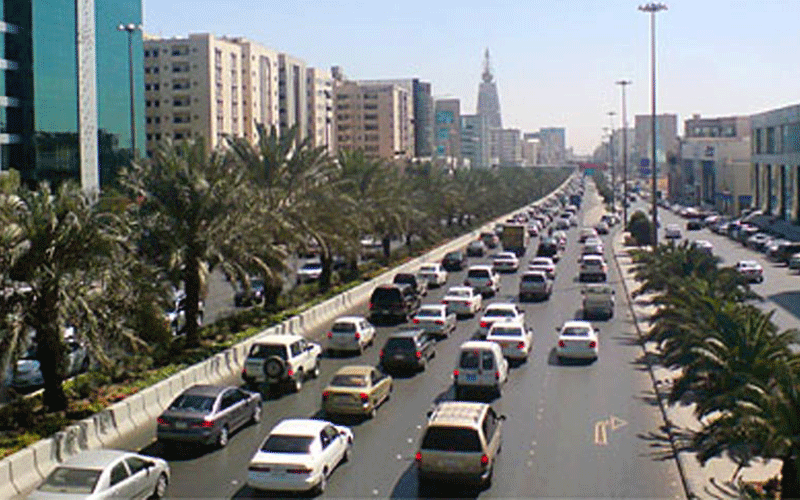

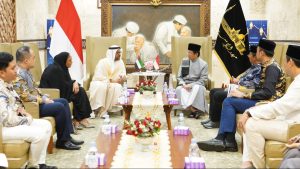

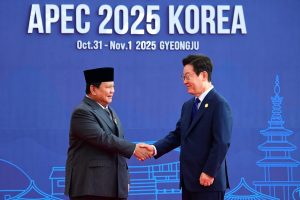



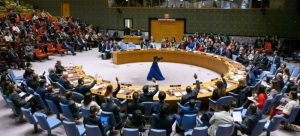

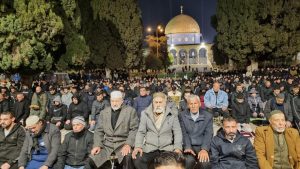
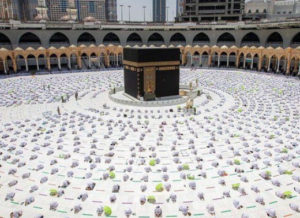
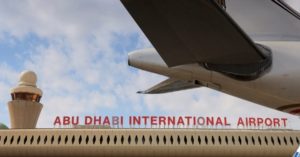
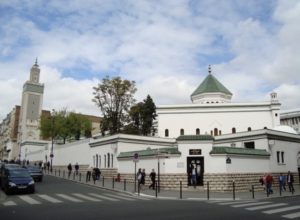







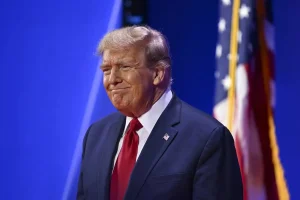
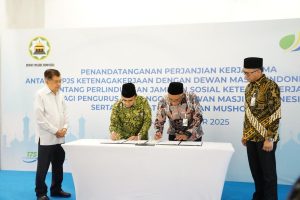
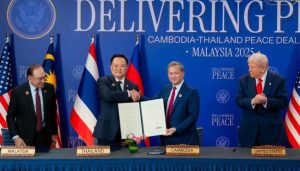
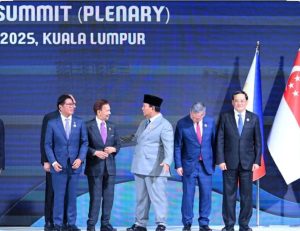

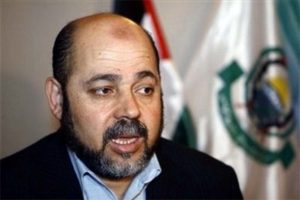




 Mina Indonesia
Mina Indonesia Mina Arabic
Mina Arabic